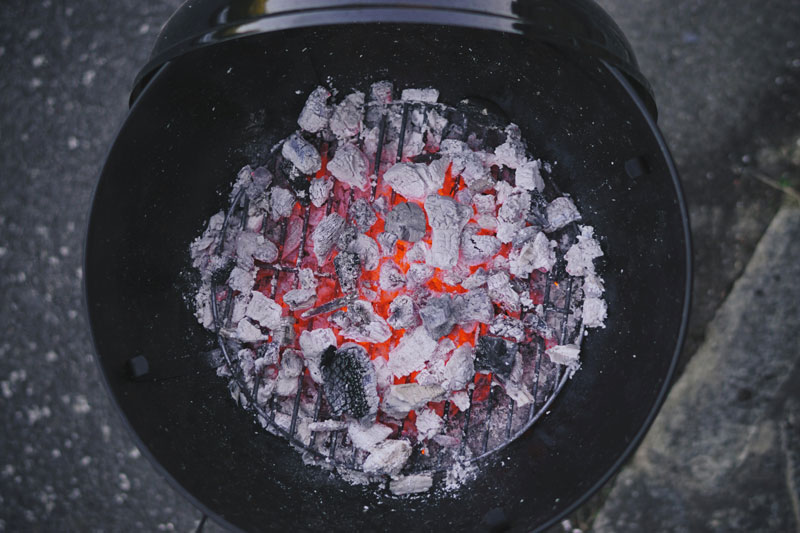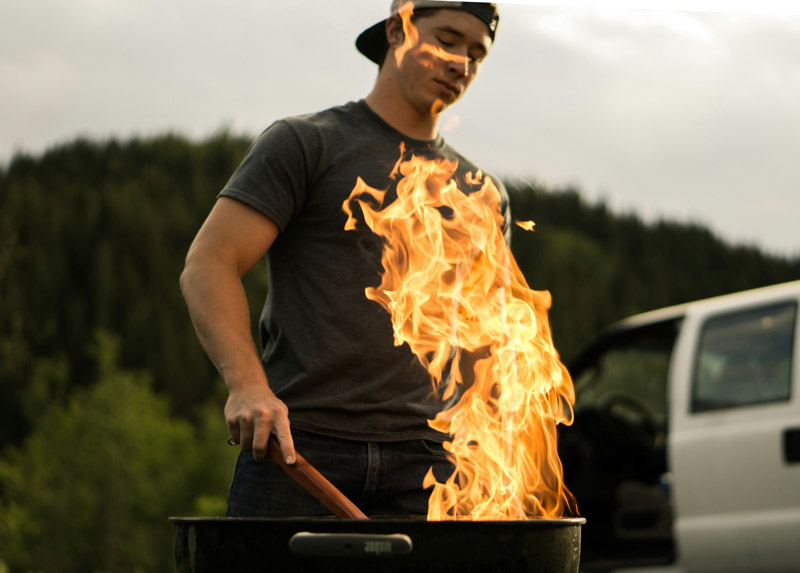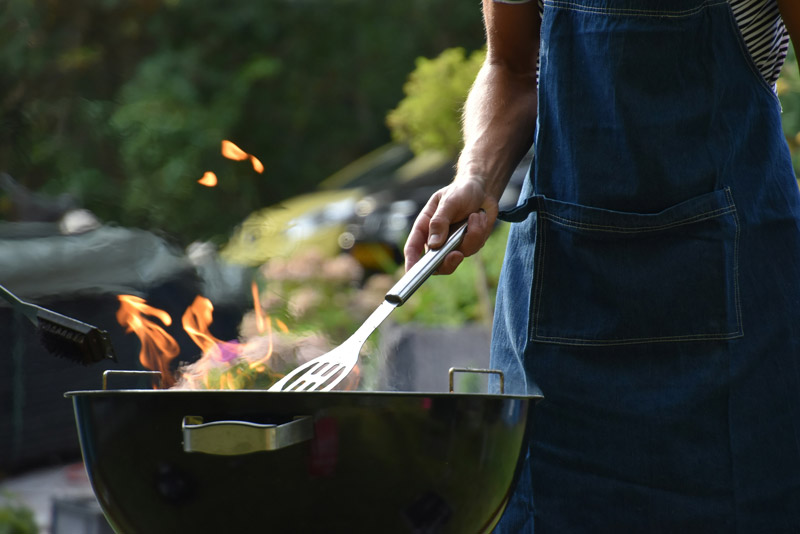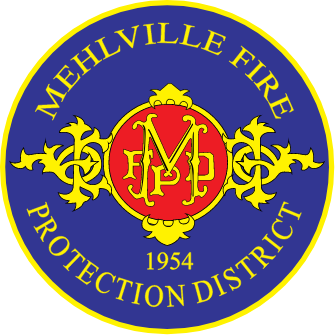Fire Codes Guide BBQ Grill Selection for Residents of Multifamily Homes
The warm weather of spring leads many to fire up the grill for a cookout of hamburgers, bratwurst, hotdogs, ribs, and other barbecue favorites. For residents of multifamily homes, not all outdoor grill types are safe, especially when those grills sit on wood decks or balconies.
Mehlville Fire Protection wants residents living in condominiums, apartments, and other multifamily housing to understand grilling safety and the fire codes associated with outdoor grills.
Table of Contents:
Choose an Outdoor Grill in Compliance with the Fire Code
The National Fire Protection Association (NFPA) Fire Codes include codes specific to grills and their location in multifamily homes. According to the NFPA, hibachi grills, gas grills, and charcoal grills are not permitted on a balcony (or any other “overhang”) within 10 feet of a building.
In addition, Mehlville Fire Protection District also enforces codes related to use of grills in multifamily homes for ground-level units. All grills must be 10 feet or more from the building, but those living on the ground floors may use gas or charcoal grills.
Only electric grills comply with the fire code for residents who wish to grill on a balcony or deck (and who do not live on the ground floor). Electric grills must be positioned 10 feet from the building, however.
Why Multifamily Homes Have Grill Restrictions
The risk of fire posed by gas or charcoal grills on a balcony increases the safety hazard for all residents of the building. These grills feature combustible materials (gas and charcoal), creating a greater danger of a fire spreading to the deck structure and building. Electric grills are easier to control and less likely to ignite surrounding structures.
Emergency escape options decrease for residents located in high-rise buildings, condominiums, or apartments. Rescue operations by fire crews become more complicated and riskier when fires ignite in multifamily developments. As the flames spread throughout the floors of the building, many residents become trapped with only the balcony offered as an escape.
The NFPA fire codes advocate for increased safety through the improvement of fire prevention. Limiting the use of certain grill types in multifamily developments aids the safety of all who reside in the building, protecting both lives and property.
Why Is a Natural Gas Grill Dangerous?
Propane and other types of natural gas are highly flammable and ignite easily. As the gas feeds the fire, the flames spread quickly and violently. The high volatility of natural gas creates a dangerous threat to a building; when natural gas grills are used on a deck or balcony, flames could easily spread to the wood structure and the nearby building.
For the fire crews in the District, the risk of fire is simply too great for a gas grill to be used on any deck or balcony in multifamily homes. We strictly enforce NFPA fire codes related to grill use and will impose penalties for individuals who violate these important safety rules.
When to Use a Charcoal Grill
 Those who own a charcoal grill but who live in a multifamily unit not located on the ground floor cannot use the grill on a balcony or deck. However, these grills can be transported to a local campground for an outdoor adventure. Plan a camping trip and pack the grill!
Those who own a charcoal grill but who live in a multifamily unit not located on the ground floor cannot use the grill on a balcony or deck. However, these grills can be transported to a local campground for an outdoor adventure. Plan a camping trip and pack the grill!
This Is the Ideal Gas Grill Distance from a House
Using a gas grill on a ground floor requires being mindful of the location of that grill. All gas grills (and charcoal grills) must be placed 10 feet or more from a building. This safety rule also applies to homeowners. Be safe, and do NOT place a gas or charcoal grill too close to any building or structure.
Grill Safely!
 As the weather warms and the aroma of barbecue wafts through the air, be mindful of that grill! Keep all grills away from a building (10 feet or more), and do not use gas or charcoal grills on decks or overhangs in multifamily homes. Make sure to have an ABC fire extinguisher nearby, and remember PASS: pull, aim, squeeze, sweep. Even the most experienced cook could find that grill flames turn into an emergency. Stay calm, stay cool, and always prepare for the worst-case scenario.
As the weather warms and the aroma of barbecue wafts through the air, be mindful of that grill! Keep all grills away from a building (10 feet or more), and do not use gas or charcoal grills on decks or overhangs in multifamily homes. Make sure to have an ABC fire extinguisher nearby, and remember PASS: pull, aim, squeeze, sweep. Even the most experienced cook could find that grill flames turn into an emergency. Stay calm, stay cool, and always prepare for the worst-case scenario.


